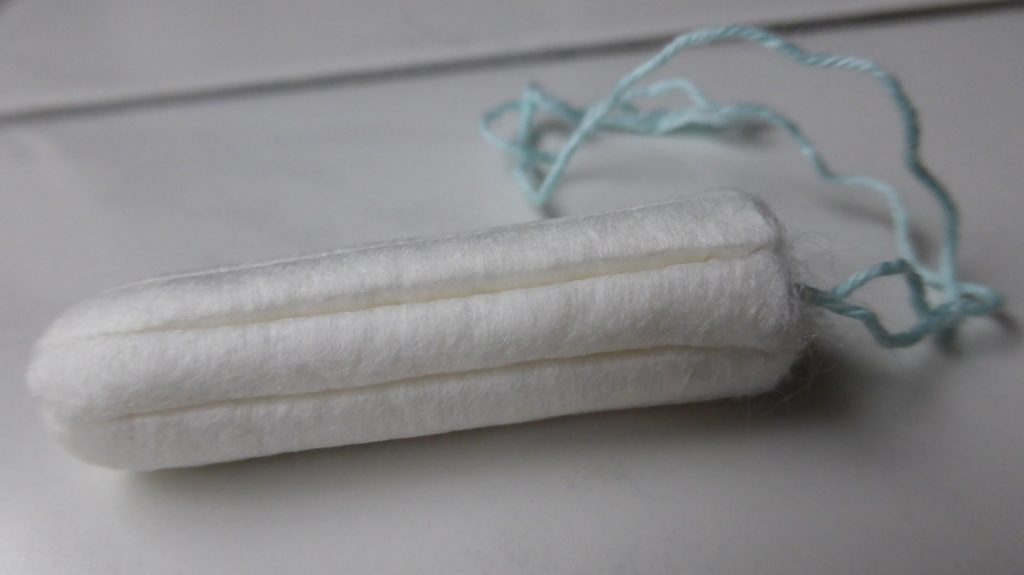Having sex is a choice, getting your period is not
3 min read
Pixabay
By PAIGE WALTON
While the University of Mary Washington, or as others sometimes jokingly refer to it, the University of Mostly Women, provides a surplus of free condoms to promote safe sex, it does very little to address the needs of anyone with a uterus and ovaries during “that” time of the month.
On July 21, USA Today covered New York’s abolishment of the “tampon tax,” which meant that feminine hygiene products would no longer have a sales tax. In more recent news, The New York Times reports that as of Sept. 6, Brown University will be providing free feminine hygiene products in all university bathrooms. Hopefully this trend continues and more states and universities will soon follow suit.
For a student body comprised of 65 percent females, as reported by the U.S. News Higher Education Report, UMW has little recognition or supportive measures in place regarding menstruation.
According to UMW’s Fast Facts page, the undergraduate population consists of 4,000 students. If 65 percent of that 4,000 is female, then there are 2,600 students on campus experiencing monthly menstruation while at school. On any given day, there is a good chance someone you know is on her period.
Birth control and other forms of medication can help to regulate periods and the symptoms associated with them. Most females can attest to having an unexpected visit from “Aunt Flow” on more than one occasion. For reasons such as this, having a supply of feminine hygiene products on standby in the health center could save many people, and pairs of pants, from embarrassment.
While most women have their preferred brands, styles and types, any kind of feminine hygiene product is a welcome reprieve in an emergency instead of having to run back to your residence or find a friend who has a pad or tampon. Even with the odd dispenser here and there around campus bathrooms, not everyone carries quarters with them and, quite frankly, not all of those dispensers come stocked and functional to begin with.
Catering to the needs of students should be a university’s first and foremost goal. As it stands, more than half of the student population experiences a biological process that goes unacknowledged and unsupported by the campus health center.
While there is a Women’s Clinic within the Student Health Center located on the 1st floor of Lee Hall, feminine hygiene products such as tampons or sanitary napkins and pads are not given out there nor anywhere else on campus. Directly across the hall resides the Mary Gilson Self-Care Center, a small room that offers over-the- counter drugs such as ibuprofen and antacids, free of charge. The room also houses informational flyers regarding the flu, sexually transmitted diseases and rows and rows of free condoms.
In a brief interview conducted via email, a representative from the Women’s Services section of the Student Health Center stated, “The Student Health Center provides condoms as a public health measure to prevent disease and pregnancy. A local public health clinic provides these for free.”
If two consenting parties wish to have sex but do not have a condom, then they have the choice and option to abstain from sex until a condom is procured. If people could choose to not have their period until a more convenient time, then maybe this would be a different discussion all together, but anyone with basic understanding of female anatomy knows that it is not that simple, no matter how much we wish it was.
My next question for the health center was where the ibuprofen, antacids, acetaminophen, antihistamines and cough and cold products come from, what the budget is for those items and why some of that money cannot be allocated to provide pads and tampons? My inquiry went unanswered.
Menstruation is going to occur day in and day out regardless of any other circumstances. Why it is neither talked about nor catered to rests within the tabooed aura that surrounds a woman’s natural bodily functions. Instead of embracing womanhood and stepping up to the plate to help those who experience menstruation on campus, the university shies away from it and perpetuates the out-of- sight-out- of-mind stance so many take regarding female issues.











